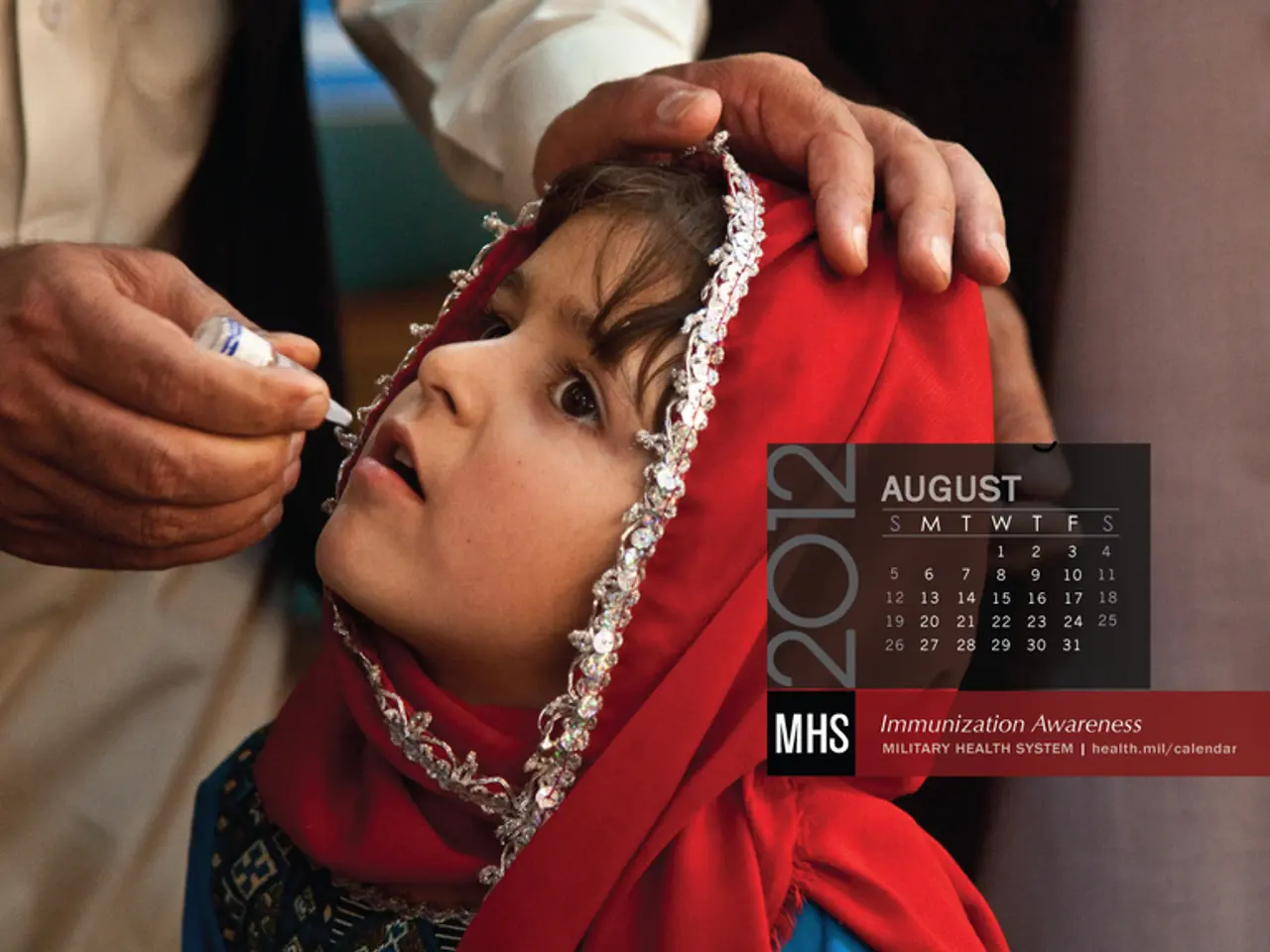Importance of Vaccinations in Neonatal Healthcare
Immunizations are a cornerstone of newborn care, playing a significant role in protecting infants from dangerous diseases. By creating immunity to diseases such as hepatitis B, polio, and rotavirus, vaccines reduce the risk of infections, ensuring a healthier start for newborns.
Newborns are typically administered the Hepatitis B vaccine shortly after birth to safeguard them against early exposure to the virus, which can lead to serious liver infections. This vaccine is followed by several others, each protecting against different diseases, as part of the recommended vaccination schedule for newborns.
The schedule, which extends up to 18 months, includes vaccines for rotavirus, diphtheria, tetanus, pertussis, Haemophilus influenzae type b, inactivated poliovirus, pneumococcal conjugate, influenza, and additional immunizations at regular intervals. Each vaccine plays a crucial role in fortifying the infant's immune system, contributing to the overall success of the vaccination program.
Premature infants should generally follow the same vaccination schedule as full-term infants, with some adjustments based on their health status. For premature infants weighing less than 2 kg, the first HepB dose is suggested at 1 month or at hospital discharge, whichever is first.
Sticking to the recommended vaccination schedule is crucial for optimal protection against vaccine-preventable diseases. If a child misses a shot, it's important to consult with a pediatrician to catch up on vaccinations as soon as possible.
Clear communication from healthcare providers plays a pivotal role in establishing trust and promoting the importance of following the immunization schedule. Providing accurate information about the negligible risk of serious side effects can alleviate parental concerns.
Dispelling myths surrounding vaccines is crucial. Incomplete immunization leaves a child susceptible to preventable diseases, putting their health at risk. By curbing the spread of diseases, communities contribute to the overall well-being of their members, fostering a healthier environment for newborns to thrive.
A fully immunized population helps control the spread of contagious diseases, protecting vulnerable individuals who may be unable to receive certain vaccines. Addressing concerns and misconceptions is essential to fostering confidence in the immunization process. High vaccination rates within a community reduce the prevalence of diseases, creating a lesser chance for an outbreak to occur.
The role of immunizations in newborn care extends beyond individual protection, creating a shield that envelops and safeguards even those who cannot be vaccinated. By ensuring timely administration of vaccines and maintaining open lines of communication, parents and healthcare providers can work together to provide the best possible start for newborns.
- Adequate parenting involves prioritizing the health of kids, including adherence to the recommended vaccination schedule, ensuring their protection from various dangerous diseases.
- Complete immunization for children against medical-conditions like hepatitis B, rotavirus, and polio is vital for their overall health and wellness, reducing the risk of infections.
- The proper sequence of shots, which includes inoculations for diphtheria, tetanus, pertussis, Haemophilus influenzae type b, pneumococcal conjugate, influenza, and others, is essential for a strong immune system in kids.
- As part of family planning, understanding the importance of immunization during pregnancy can help prepare for proper healthcare for the baby once born, fostering a healthier start to life.
- Monitoring the behavior of kids and addressing any concerns with a pediatrician is crucial for ensuring they receive timely vaccinations, especially those with chronic diseases or vulnerabilities.
- In the realm of education, it's crucial to understand that vaccines play a significant role in curbing the spread of contagious diseases, contributing to a safer learning environment for children.
- Fostering open discussions about science, including the benefits of immunization and the minimal risks of serious side effects, helps build trust between parents and healthcare providers.
- Mental health is also impacted by vaccination decisions, as avoiding common misconceptions and myths can alleviate parental anxiety and facilitate a more positive parenting experience.
- Utilizing CBD and other natural remedies in conjunction with vaccinations may be a topic of discussion between parents and healthcare providers, focusing on overall safety and wellness for kids while working together to make informed decisions for their children's health.




